 W
WLieutenant General Sir Edwin Alfred Hervey Alderson, KCB was a senior British Army officer who served in several campaigns of the late nineteenth and early twentieth centuries. From 1915-1916 during the First World War he commanded the Canadian Expeditionary Force on the Western Front, during which time it saw heavy fighting.
 W
WTony Banham is founder of the Hong Kong War Diary project, which studies and documents the 1941 defence of Hong Kong, the defenders, their families, and the fates of all until liberation. His published books:“Not The Slightest Chance” ISBN 962-209-615-8 “The Sinking of the Lisbon Maru” ISBN 962-209-771-5 “We Shall Suffer There” ISBN 978-962-209-960-9 “Reduced to a Symbolical Scale” ISBN 978-988-839-087-8
 W
WSir Antony James Beevor, is a British military historian. He has published several popular histories on the Second World War and the 20th century in general.
 W
WLieutenant General Humphrey Bland was an Irish-born professional soldier, whose career in the British Army began in 1704 during the War of the Spanish Succession and ended in 1756.
 W
WTerry Brighton is a British military historian and author.
 W
WVice Admiral Gordon Campbell, was a British naval officer, writer, politician and a recipient of the Victoria Cross, the highest award for gallantry in the face of the enemy that can be awarded to British and Commonwealth forces. He was also awarded the Croix de Guerre and appointed a chevalier of the Légion d'honneur for his actions during the First World War.
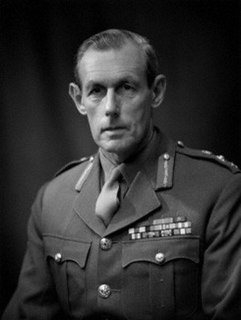 W
WField Marshal Richard Michael Power Carver, Baron Carver, was a senior British Army officer. Lord Carver served as the Chief of the General Staff (CGS), the professional head of the British Army, and then as the Chief of the Defence Staff (CDS), the professional head of the British Armed Forces. He served during the Second World War and organised the administration of British forces deployed in response to the Mau Mau Uprising in Kenya and later in his career provided advice to the British government on the response to the early stages of The Troubles in Northern Ireland.
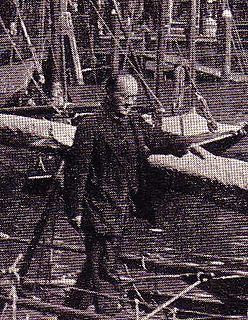 W
WEdward Keble Chatterton was a prolific writer who published around a hundred books, pamphlets and magazine series, mainly on maritime and naval themes.
 W
WGeorge Hanger, 4th Baron Coleraine was a British soldier, author, and eccentric.
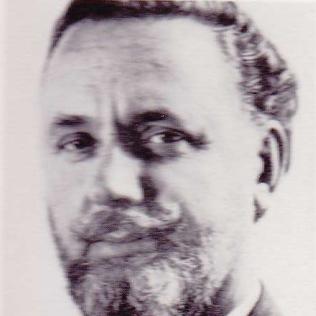 W
WPeter Frederick Egerton Elstob was a British soldier, adventurer, novelist, military historian and entrepreneur. In his writing he is best known for his lightly-fictionalized novel Warriors For the Working Day (1960) and his military history of the Battle of the Bulge, Hitler's Last Offensive (1971). He joined the Republican Army in the Spanish Civil War, and later served in the Royal Tank Regiment in World War II, in which service he was promoted to sergeant and was Mentioned in Dispatches. He joined International PEN in 1962 and served first as general secretary and later as vice-president for seven years during the 1970s, rescuing the organisation from financial failure; he also secured the future of the Arts Theatre Club in London in 1946. He prospered as an entrepreneur with a facial product called Yeast Pac, with several partners. In his obituary in The Guardian newspaper, Elstob was said to be...one of those people born in the wrong century. With his charm and audacity, his passion for travel, and his love of risk-taking and financial gambles, he would have been more at home in the reign of Elizabeth I.
 W
WGeneral Sir Anthony Heritage Farrar-Hockley,, nicknamed "Farrar the Para", was a British Army officer and a military historian who fought a number of British conflicts. He held a number of senior commands, ending his career as Commander-in-Chief of NATO's Allied Forces Northern Europe. Throughout his four decades of army life, he spoke plainly, and both before and after his retirement in 1982 wrote on the conflicts he had experienced and the First World War.
 W
WSir Martin John Gilbert was a British historian and honorary Fellow of Merton College, Oxford. He was the author of eighty-eight books, including works on Winston Churchill, the 20th century, and Jewish history including the Holocaust. He was a member of the Chilcot Inquiry into Britain's role in the Iraq War.
 W
WGeneral Sir Timothy John Granville-Chapman, is a former British Army officer, who served as Vice-Chief of the Defence Staff of the British Armed Forces (2005–2009).
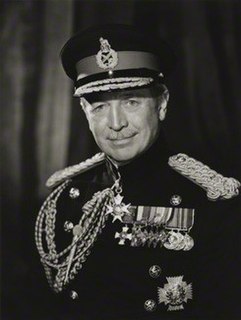 W
WGeneral Sir John Winthrop Hackett, was an Australian-born British soldier, painter, university administrator, author and in later life, a commentator.
 W
WLieutenant General Sir Edward Bruce Hamley was a British general and military writer and a Conservative politician who sat in the House of Commons from 1885 to 1892.
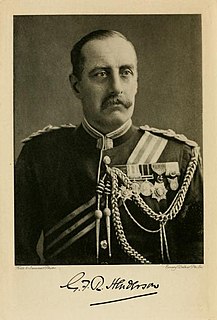 W
WColonel George Francis Robert Henderson, CB was a British soldier and military author.
 W
WChris Hunter is the pseudonym of a British author, bomb disposal expert and former British Army officer. Under his real name, Hunter holds the Queen's Gallantry Medal, and is therefore entitled to use the post-nominal QGM after his name.
 W
WLieutenant General James John McLeod Innes was a Scottish recipient of the Victoria Cross, the highest and most prestigious award for gallantry in the face of the enemy that can be awarded to British and Commonwealth forces.
 W
WAdmiral Mark Edward Frederic Kerr was a Royal Navy and Royal Air Force officer during the First World War. Kerr was the Commander-in-Chief of the Royal Hellenic Navy in the early part of the First World War, Commander-in-Chief of the British Adriatic Squadron in 1916 and 1917 and was involved in the work to create the Royal Air Force in late 1917 and early 1918.
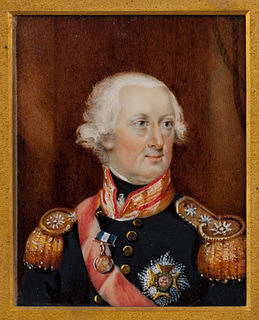 W
WSir Charles Henry Knowles, 2nd Baronet, GCB was an officer of the Royal Navy, who saw service during the American War of Independence, and the French Revolutionary and Napoleonic Wars, eventually rising to the rank of Admiral. He was an extraordinary figure and a great tactical innovator. Highly intellectual, he authored a number of signal books and had the chance to put his ideas into practice during his naval career. Knowles was at times beset by problems with discipline aboard his ships, often due to large proportions of raw recruits and untrained seamen. This may have been a factor in his rocky relationship with his superior, Sir John Jervis, which eventually led to Knowles's retirement from active service after the Battle of Cape St Vincent, and his concentration on scholarly studies of the issues affecting the naval service.
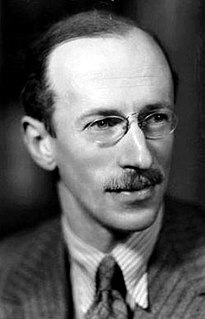 W
WSir Basil Henry Liddell Hart, commonly known throughout most of his career as Captain B. H. Liddell Hart, was a British soldier, military historian and military theorist. In the 1920s and later he wrote a series of military histories that proved influential among strategists. He argued that frontal assault was a strategy that was bound to fail at great cost in lives, as happened in the First World War. He instead recommended the "indirect approach" and reliance on fast-moving armoured formations.
 W
WWilliam Schaw Lindsay was a British merchant and shipowner who was the Liberal Member of Parliament for Tynemouth and North Shields from 1854 to 1859 and for Sunderland from 1859 until his resignation on grounds of ill-health in 1864.
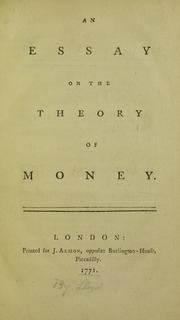 W
WHenry Humphrey Evans Lloyd was a Welsh army officer and military writer. He fought for the French against the Austrians, the Jacobite forces of Charles Stuart against the British, the Austrians against the Prussians and the Prussians against the Austrians, and the Russians against the Turks. He also undertook various diplomatic missions for Britain. His writings on military theory were studied by George Washington and George S. Patton, and were used by J. F. C. Fuller to espouse a science of war.
 W
WCanon William Murrell Lummis MC was a British military historian most noted for the research he conducted on the Victoria Cross, the Charge of the Light Brigade, and Rorke's Drift.
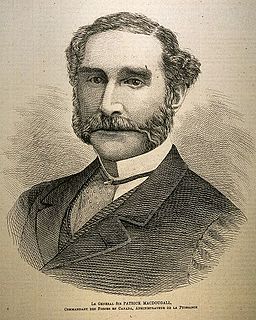 W
WGeneral Sir Patrick Leonard MacDougall, was a British Army officer who became Commander of the British Troops in Canada.
 W
WMartin Middlebrook, is an English military historian and author.
 W
WCaptain The Hon. Ewen Edward Samuel Montagu, CBE, QC, DL, RNR was a British judge, Naval intelligence officer and author.
 W
WLouis Edward Nolan was a British Army officer and cavalry tactician best known for his role and death in the Charge of the Light Brigade during the Crimean War. Born to a minor diplomatic official and his wife, Nolan was educated at the Austrian Inhaber Pioneer School at Tulln, where he was noted as an enthusiastic horseman and military theorist. After early graduation he was commissioned as a subaltern in the 10th Austrian Hussar regiment, serving in Austria, Hungary and on the Polish frontier, where he again became known for his horsemanship and was promoted to senior lieutenant. Due to the nepotism inherent in the Austro-Hungarian armed forces, Nolan succeeded in transferring to the British Army as a Cornet in the 15th Light Dragoons.
 W
WRichard James Overy is a British historian who has published on the history of World War II and Nazi Germany. In 2007 as The Times editor of Complete History of the World, he chose the 50 key dates of world history.
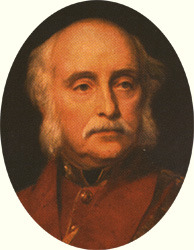 W
WGeneral Sir Charles William Pasley was a British soldier and military engineer who wrote the defining text on the role of the post-American revolution British Empire: An Essay on the Military Policy and Institutions of the British Empire, published in 1810. This text changed how Britons thought their empire should relate to the rest of the world. He warned that Britain could not keep its Empire by its "splendid isolation". Britain would need to fight to gain its empire, and by using the colonies as a resource for soldiers and sailors it grew by an average of 100,000 square miles (260,000 km2) per year between the Battle of Waterloo and the American Civil War. Serving in the Royal Engineers in the Napoleonic Wars, he was Europe's leading demolitions expert and siege warfare specialist.
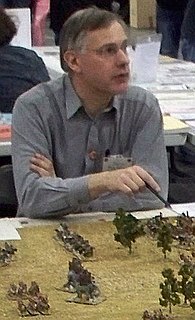 W
WPhilip A. G. Sabin is a British military historian who is currently Professor of Strategic Studies in the War Studies Department of King's College London.
 W
WLieutenant-Colonel Graham Seton Hutchison was a Scottish First World War army officer, military theorist, author of both adventure novels and non-fiction works and fascist activist. Seton Hutchison became a celebrated figure in military circles for his tactical innovations during the First World War but would later become associated with a series of fringe fascist movements which failed to capture much support even by the standards of the far right in Britain in the interbellum period. He made a contribution to First World War fiction with his espionage novel, The W Plan.
 W
WJohn Shipp was a British soldier and author best known for his memoirs, which were popular and ran to at least four editions. Shipp began his military career as a drummer boy at the age of ten and twice won commissions from the ranks due to his ability and conduct; he had to sell his first commission due to a lack of funds. He attained the rank of lieutenant in the 87th Regiment.
 W
WSir Hew Francis Anthony Strachan, is a British military historian, well known for his work on the administration of the British Army and the history of the First World War. He is currently Professor of International Relations at the University of St Andrews, and a council member of the Royal Company of Archers, the Queen's Bodyguard for Scotland. Since May 2014, he has been Lord Lieutenant of Tweeddale. Before moving to St Andrews, Strachan was the Chichele Professor of the History of War at All Souls College, Oxford.
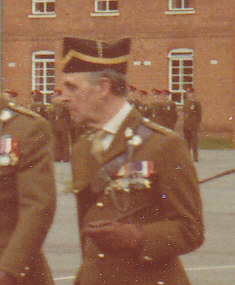 W
WMajor General John Strawson CBE was a British Army officer, best known for his service during the Second World War in the Middle East and Italy, and afterwards in Germany and Malaya. Following the amalgamation of the 4th and 8th Hussars as The Queen's Royal Irish Hussars, he commanded the Regiment in Malaysia and Germany. For his leadership during the Borneo campaign he was awarded the O.B.E.
 W
WAlan John Percivale Taylor was a British historian who specialised in 19th- and 20th-century European diplomacy. Both a journalist and a broadcaster, he became well known to millions through his television lectures. His combination of academic rigour and popular appeal led the historian Richard Overy to describe him as "the Macaulay of our age". In a 2011 poll by History Today magazine, he was named the fourth most important historian of the previous 60 years.
 W
WGeoffrey Till, FKC is a British naval historian and emeritus Professor of Maritime Studies in the Defence Studies Department of King's College London. He is the Director of the Corbett Centre for Maritime Policy Studies.
 W
WCount Nikolai Dmitrievich Tolstoy-Miloslavsky is a Russo-British monarchist and historian who writes under the name Nikolai Tolstoy. He is a former parliamentary candidate of the UK Independence Party and is the current nominal head of the House of Tolstoy, a Russian noble family.